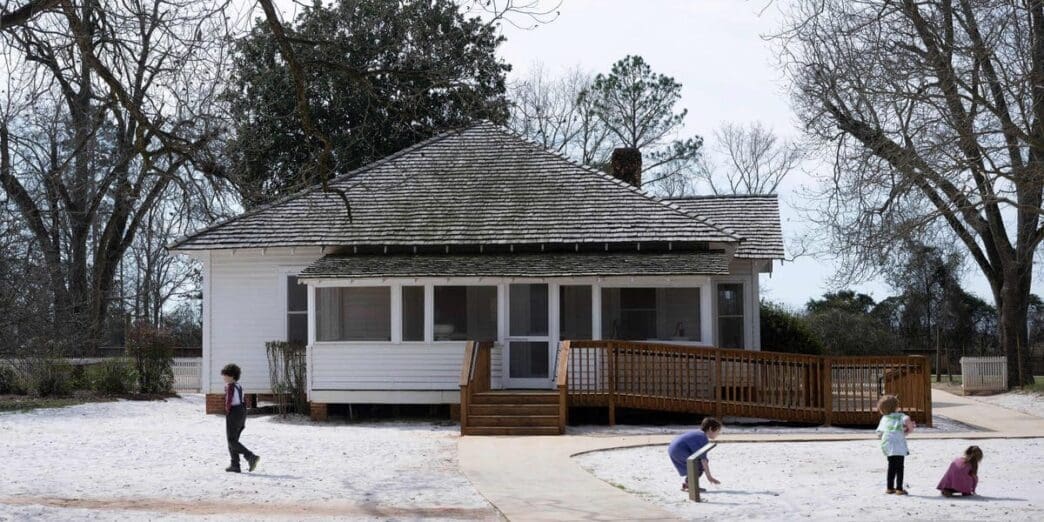Jimmy Carter, who recently passed away at the age of 100, spent his formative years on his family’s peanut farm in Archery, Georgia. This farm, now a historic site, provides a glimpse into the humble beginnings of a man who would later lead the United States as its president.
Carter’s life on the farm was one without modern conveniences. Electricity did not arrive at the family home until he was 14, and running water was unavailable until he was 11. According to the New York Times, Carter once noted, “The greatest day in my life was not being inaugurated president, [and] it wasn’t even marrying Rosalynn — it was when they turned the electricity on.”
Carter contributed to the family’s efforts by helping to harvest and sell various crops, including cotton, peanuts, sugarcane, and corn. His upbringing instilled a strong work ethic and a deep connection to his roots that would influence his political career.
The farm was originally purchased by Carter’s father, Earl, in 1928, and it remained under family operation until the early 1950s. After Carter’s father passed away in 1953, Jimmy took over the operations. The land’s historical preservation allows visitors today to witness the same environment that shaped Carter’s early years.
The Carter family stood out as the only white landowners in Archery, a rural town with a modest population of 200. Despite owning land, the Carters experienced a degree of poverty, living in a home that lacked both running water and electricity during Carter’s childhood.
As president, Carter demonstrated a commitment to ethical governance by placing the farm into a blind trust to prevent conflicts of interest. Upon leaving the White House, the farm was discovered to be deeply in debt, leading to its eventual sale.
Today, the farm serves as a living museum where guided tours are available on weekends, offering an educational look into Carter’s youth. Visitors can explore his childhood home, which the National Park Service has restored to its 1930s appearance, complete with period-appropriate furnishings.
Notably, one of the attractions is Carter’s childhood bedroom, meticulously recreated, alongside the family’s kitchen and bedroom spaces. The site also includes a barn, Earl Carter’s commissary, and a clay tennis court where Jimmy honed his skills with his father.
The historical significance of the farm is bolstered by personal touches, such as Carter’s signature and handprints on the site, connecting visitors to the personal history entwined with the land.
The legacy of the Carter farm is not merely one of agricultural toil but of community influence. Jeff Clements, part-owner of the Buffalo Peanut Company, noted that the farm contributed significantly to the local economy, enhancing Plains’ community fabric.
Following their time in the White House, Jimmy and Rosalynn Carter returned to Plains, Georgia, opting for a modest lifestyle. This choice mirrored the simplicity of their early days and further emphasized Carter’s enduring values of peace and human rights.
Jimmy Carter’s boyhood farm remains a testament to his humble beginnings and the values he championed throughout his life. The historical site not only commemorates Carter’s life but also offers insight into the impact of his upbringing on his lifelong commitment to public service and humanitarian efforts.
Source: Businessinsider








